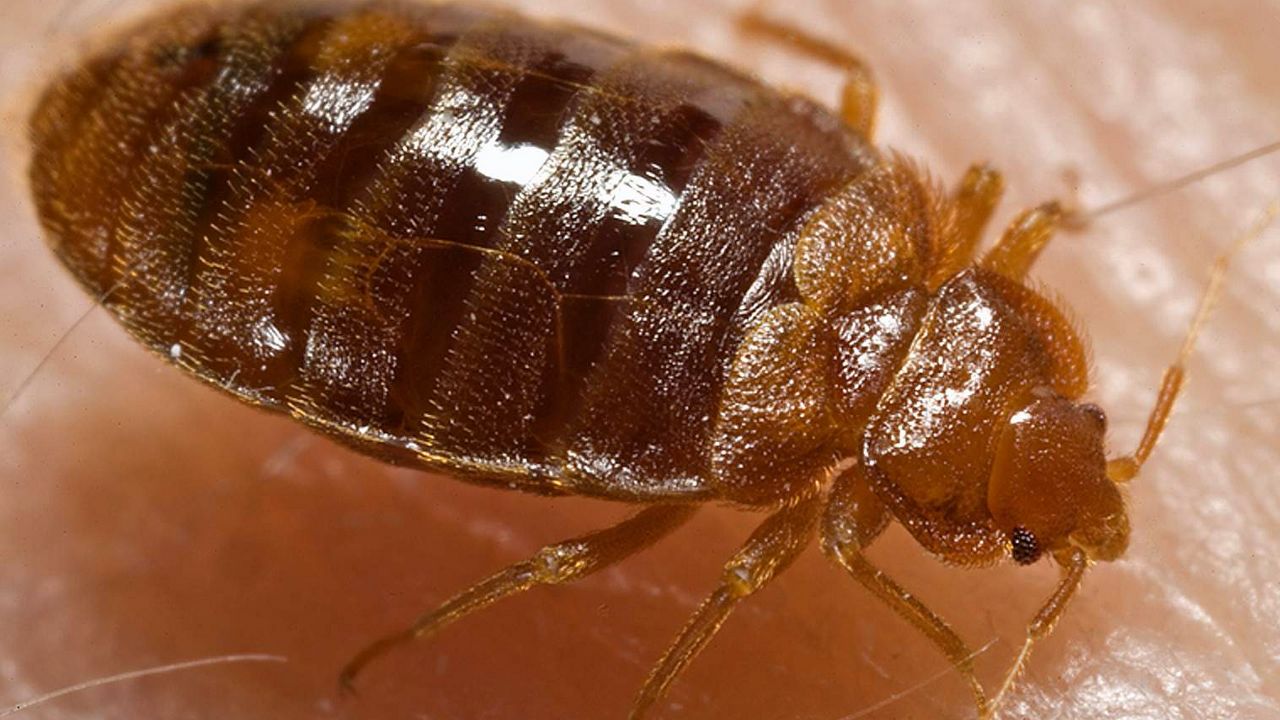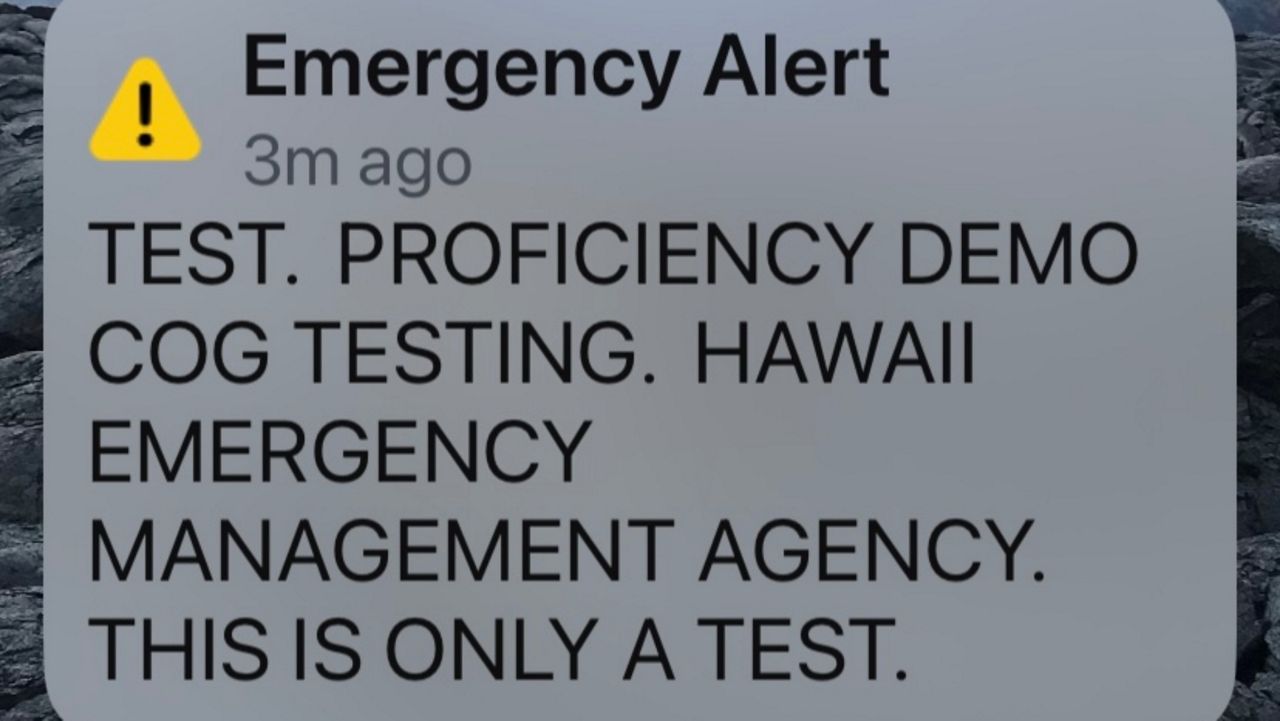The state Senate committees on housing and commerce and consumer protection voted Thursday to recommend passage of a measure to help make sure the bedbugs don’t bite Hawaii renters.
Senate Bill 22 would prohibit landlords from renting dwelling units they know are infested with bedbugs. The bill would also establish procedures for landlords to follow when notified of an actual or suspected infestation. The requirements would apply to those who operate public housing and dormitories, as well as those who own and rent traditional residential housing units.
The bill comes amid a national resurgence in bedbugs arising from a confluence of factors, including the pest’s increased resistance to available pesticides, increased national and domestic travel as pandemic restrictions are lifted, lack of knowledge about bedbug control and the decline or elimination of vector and pest-control programs.
While tiny, bloodsucking insects are not known to transmit disease, some people are allergic to their bites and their presence can cause stress, anxiety and insomnia. Eliminating bedbugs can also be prohibitively expensive for some. The U.S. Department of Agriculture, the Environmental Protection Agency and the Centers for Disease Control and Prevention all consider the insect a public health pest.
Under provisions of the bill, a landlord would be obligated to inspect a dwelling for evidence of bedbugs if notified of actual or suspected infestation and would not be allowed to show or rent any unit that the landlord knows or suspects is infested.
Landlords would also be required to inform prospective tenants if the landlord knows that adjacent units are infested, undergoing treatment for infestation, or have been treated for bedbugs within the previous 30 days.
The bill includes tight deadlines for landlords to respond to reports of infestation, including a five-day window to inspect or arrange for investigatory services from a licensed pest control expert. Upon confirmation of an infestation, landlords would have a week to remediate the problem, inspect adjacent units for bedbugs, notify tenants whose units have been found to be infested and notify the state Department of Health.
Tim Lyons, executive director of the Hawaii Pest Control Association, testified that timelines presented in the bill are not realistic given the how long it could take to schedule an inspection with a pest-control specialist.
“Everyone is backed up at the moment,” Lyons said.
Lyons also suggested the bill include a waiver for tenants who are “chemically sensitive” and might be affected by the treatments.
While non-chemical treatments involving pumping hot air into infested units are available, Lyons said the method generally does not work in Hawaii due to leakage and chemical treatment, including full fumigation, is the norm.
The Hawaii Public Housing Authority testified that it already ensures that all public housing units are completely free of bedbugs before occupants are allowed to move in and that it follows procedures set by the federal Department of Housing and Urban Development for dealing with new infestations. HUD’s Real Estate Assessment Center conducts annual physical inspections of all federal public housing projects.
Local attorney David Chee, who specializes in landlord-tenant law, warned that it could be difficult for landlords to inspect units or for pest-control services to eradicate bedbugs if tenants are not willing to provide access to their units or cooperate with pre-treatment protocols such as moving furniture or clearing clutter.
“My office has been involved in several lawsuits where my housing provider clients were required to bring an eviction lawsuit in order to gain access to a premises so they could conduct pest control treatment,” Chee testified. “Currently, eviction lawsuits can take several months to adjudicate. That means, during those several months, any existing bed bug infestation is not being treated and is being allowed to fester and spread.”
CPN chair Sen. Jarret Keohokalole ultimately recommended amending the measure to extend the deadlines for both inspection and scheduling of treatment to 14 days provided tenants provide reasonable access upon 48 hours' notice.
Michael Tsai covers local and state politics for Spectrum News Hawaii.








